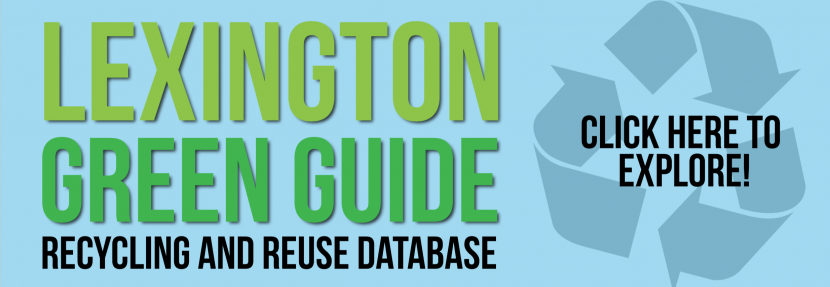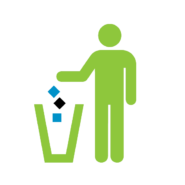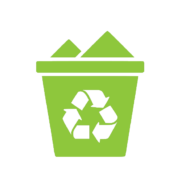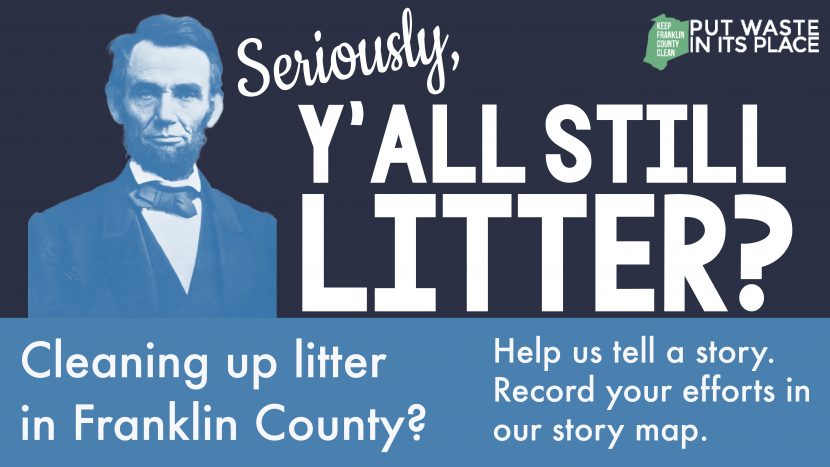Waste and Recycling


Waste is any material that is eliminated or discarded as no longer useful. Packaging, office supplies, food scraps, old clothes – all that and much more winds up in landfills every day. The average American produces 7 and a half pounds of waste a day; here are some ways to bring those numbers down at home and at work.

Composting
Compost is decomposed organic materials. It is a natural soil amendment that helps hold soil together and helps soil hold more water. Compost contains nutrients plants need and reduces the amount of chemical fertilizers needed, thereby saving you money! With approximately 25% of our landfill bound waste being food waste, compost also reduces the amount of waste that enters our landfills.

Litter
Whether as an individual, as a business, organizing a clean up, or creating a waste-free event, here are some tips to reduce litter.

Recycling
Recycling programs differ by county. To find out what you can recycle, and the rules and procedures for storage and pick-up, contact your local solid waste coordinator or waste hauling company. Some items that are almost always accepted for recycling are: paper (office paper, newspaper, junk mail, magazines), cardboard and fiberboard boxes, plastic bottles with a neck, steel food cans, and aluminum beverage cans.

Waste Reduction
Waste reduction is more than just recycling; it also includes creating less waste from the start. Use these tips to reduce waste in your everyday life!
